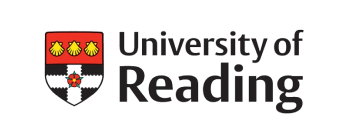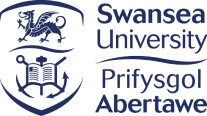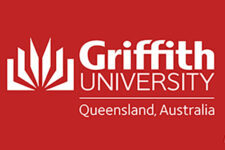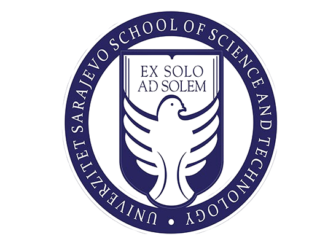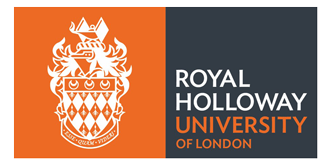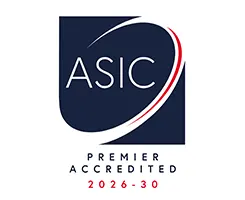IFG’s assessment policy and processes are guided by the need to prepare students for their future studies at undergraduate or postgraduate level and by the need to assess whether or not specific learning outcomes have been met.
- there is a varied diet of assessment methods in order to assess learning objectives appropriately, and as a reflection of the range of student preferred learning styles;
- assessments should encourage independent learning and reflection and develop transferable skills;
- all assessments are set by IFG academic staff and internally verified by the Academic Director or his/her appointee;
- all assessments are moderated by the Academic Director or his/her appointee:
- all non-examined assessments are submitted through Turnitin and student induction stresses the importance of, and ways to avoid plagiarism;
- in the case of plagiarism, it is the responsibility of the Academic Director in consultation with the course leader to decide on adjustment to marks. Penalties range in severity:
- for a first and relatively minor offence, a warning with no deduction of marks;
- for a first offence but with a more significant degree of plagiarism or for a second offence, a deduction of at least 20% and a maximum penalty of 50%. If the adjusted mark is under 50%, a student is then given the opportunity of re-taking an assessment with marks capped at 50%
- in the case of a student repeatedly offending, a piece of coursework may not awarded any marks and with no opportunity to retake the assessment.
- at induction, students are advised on the importance of submitting assignments before the stated deadline. If an assignment is submitted up to 48 hours late, 10% of marks will be deducted. If submission is between 48 hours and one week late, 50% of marks will be deducted. Thereafter, no marks will be given and the student will have to submit a new assignment for which marks will be capped at 50%;
- IFG has a mitigating circumstances appeals process where late submission is unavoidable;
- feedback on assignments is:
- concrete and related to the learning objectives of the task;
- specific in that it is related to the particular features of the submitted work;
- useable by students to improve in future assessments;
- All assessment marks are recorded on an assessment grid;
- At the end of each term, the Examination Board meets to confirm all marks. Where a student has achieved a mark which is one below a grade boundary, his/her mark is moderated up or down;
- Appeals against marks and grades are considered by the Academic Board
Review
Assessment policies and process are reviewed annually as part of the annual monitoring and review process.












